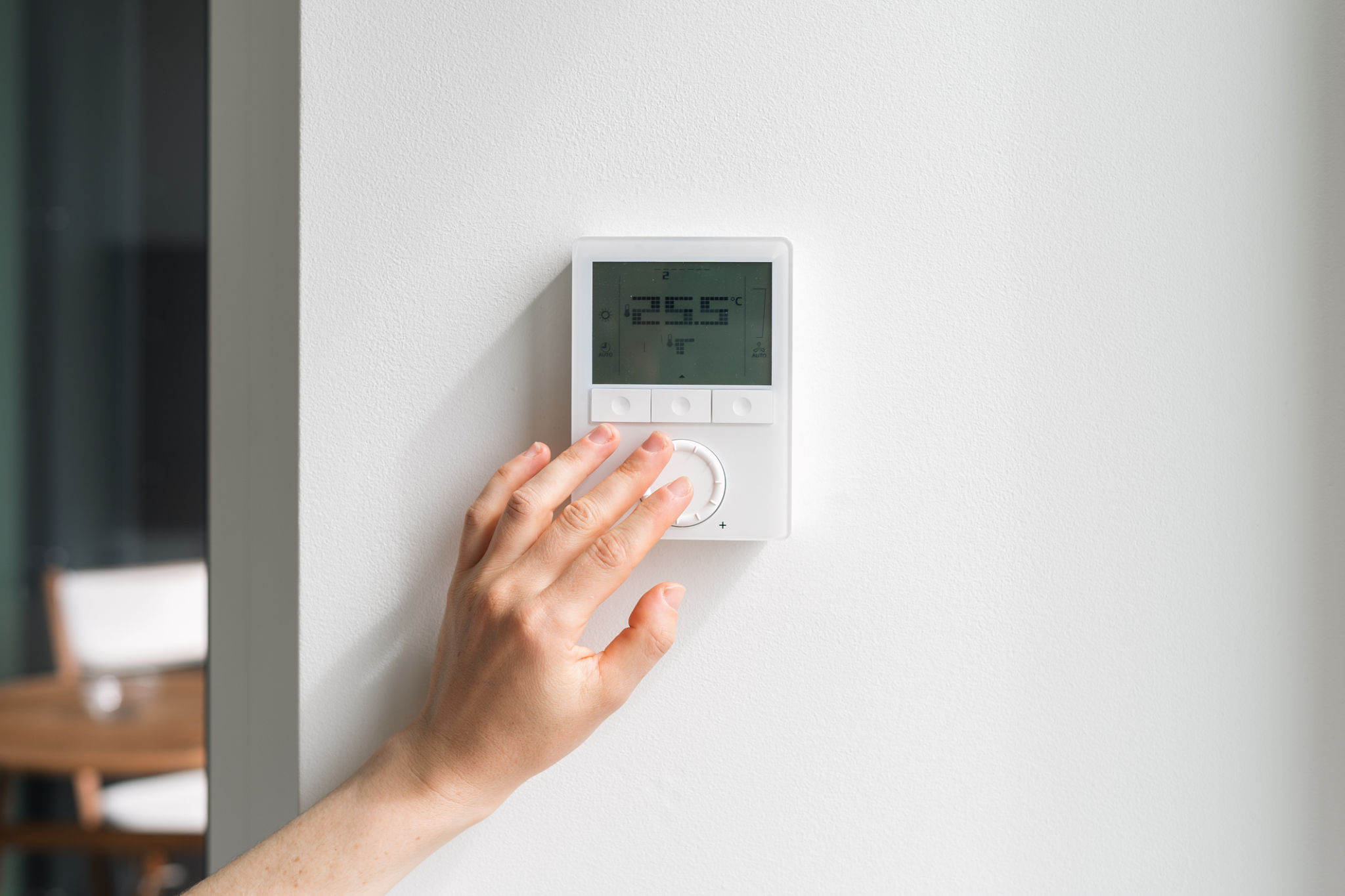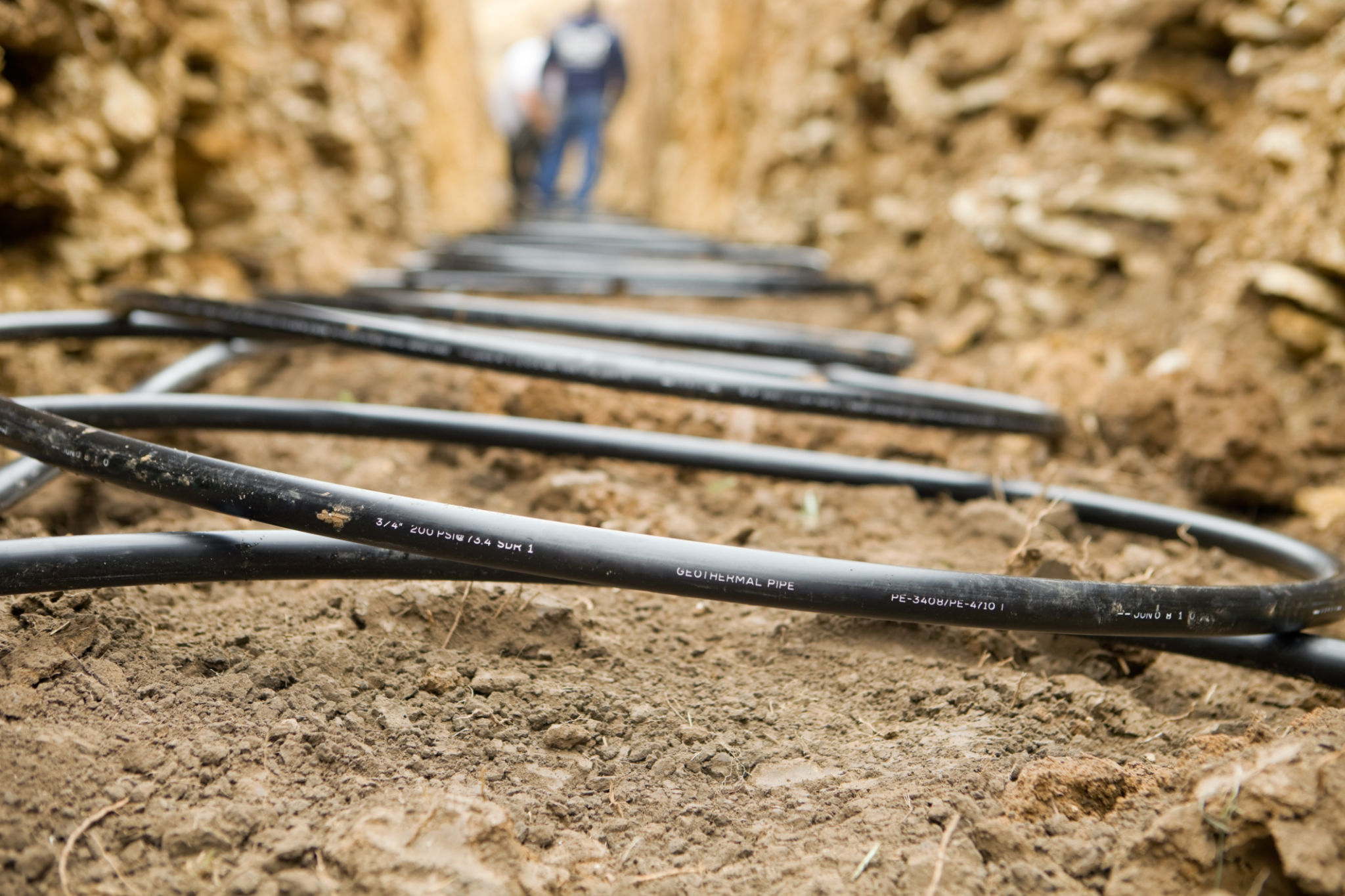Understanding the Latest HVAC Innovations and Technologies
Introduction to HVAC Innovations
The HVAC industry has seen remarkable advancements over recent years, driven by the need for energy efficiency and improved indoor air quality. These innovations are transforming how we heat, ventilate, and cool our spaces, making them more sustainable and user-friendly. In this post, we'll explore some of the latest HVAC technologies that are redefining the industry.
Smart Thermostats: The Heart of Modern HVAC Systems
One of the most impactful innovations in HVAC technology is the development of smart thermostats. These devices offer homeowners unprecedented control over their heating and cooling systems. With features like remote access, learning algorithms, and integration with smart home systems, smart thermostats optimize climate control while reducing energy consumption.

Benefits of Smart Thermostats
Smart thermostats provide numerous benefits, including:
- Energy Savings: By learning your schedule and preferences, smart thermostats can reduce energy usage by adjusting temperatures when you're away or asleep.
- Convenience: Control your HVAC system from anywhere using a smartphone app.
- Customization: Create heating and cooling schedules tailored to your lifestyle.
Variable Refrigerant Flow (VRF) Systems
Another significant advancement in HVAC technology is Variable Refrigerant Flow (VRF) systems. These systems provide precise temperature control by adjusting the flow of refrigerant to various indoor units based on demand. VRF systems are highly efficient, making them ideal for both residential and commercial applications.
How VRF Systems Work
VRF systems consist of multiple indoor units connected to a single outdoor unit. They use inverter-driven compressors to modulate refrigerant flow, allowing for simultaneous heating and cooling in different zones. This flexibility not only enhances comfort but also reduces energy consumption significantly.

Geothermal Heat Pumps: Harnessing Earth’s Energy
Geothermal heat pumps represent a sustainable solution for heating and cooling by utilizing the earth’s stable underground temperatures. These systems are gaining popularity due to their efficiency and minimal environmental impact. By transferring heat to and from the ground, geothermal systems provide reliable climate control year-round.
Advantages of Geothermal Systems
Geothermal heat pumps offer several advantages:
- Energy Efficiency: They can be up to 400% more efficient than traditional systems.
- Longevity: Geothermal systems have a longer lifespan than conventional HVAC systems.
- Environmental Impact: By reducing reliance on fossil fuels, they contribute to lower carbon emissions.

The Rise of Air Quality Technology
With growing awareness of indoor air quality (IAQ), HVAC innovations have increasingly focused on improving IAQ. Advanced filtration systems, UV air purifiers, and humidity control technologies are now integral to modern HVAC solutions. These innovations help combat allergens, pollutants, and pathogens, ensuring a healthier indoor environment.
Key IAQ Technologies
Some of the leading technologies in IAQ improvement include:
- HEPA Filters: High-Efficiency Particulate Air filters remove up to 99.97% of airborne particles.
- UV-C Light Purification: Destroys microorganisms by disrupting their DNA.
- Total Home Ventilation Systems: Ensure continuous airflow and pollutant removal throughout the home.
Conclusion: The Future of HVAC Technology
The future of HVAC technology is bright, with ongoing research and development promising even more innovations. As these technologies evolve, they will continue to enhance comfort while promoting energy efficiency and sustainability. Whether you're upgrading your home system or managing a commercial building, staying informed about these advancements can help you make better choices for your needs.